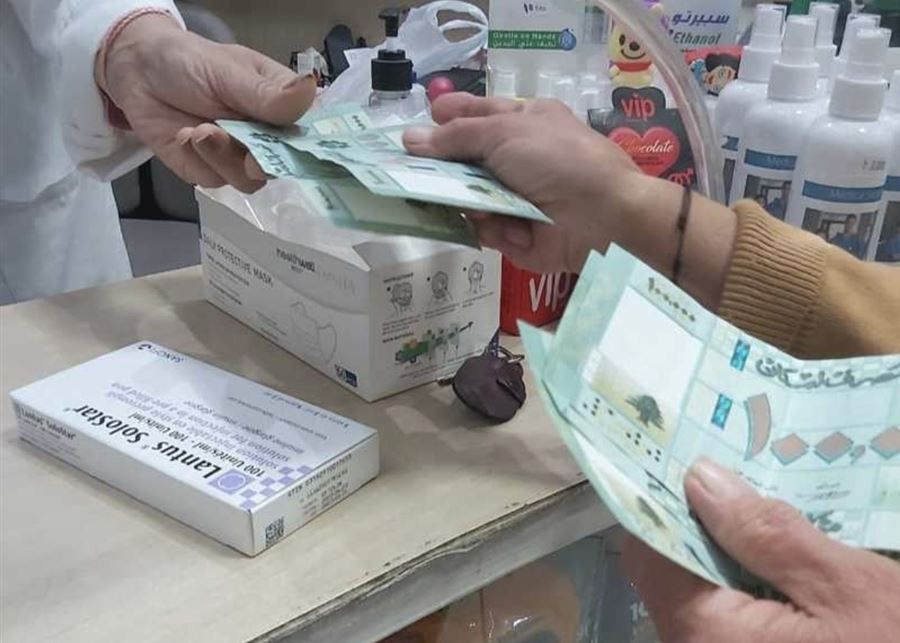
In a bid to enhance transparency and combat counterfeit and smuggled medicines, a joint campaign with the Ministry of Public Health will soon be launched, according to Joe Salloum, president of the Lebanese Order of Pharmacists, who made the announcement on Tuesday.
The campaign will notably include the introduction of a QR code on every box of medicine, whether imported or locally manufactured, allowing patients to verify the authenticity and quality of the product directly from their mobile phones.
In recent months, several cases of counterfeit and smuggled medications have been reported in Lebanon, raising alarm among health professionals.
In this context, Salloum called for the implementation of a sustainable pharmaceutical policy, based on supporting the local industry, protecting scientific offices, and strengthening the National Drugs Authority as the guarantor of transparency in the sector.
Meanwhile, as the shortage of certain medications persists, the president of the Order of Pharmacists assured that the situation remains “normal” and less critical than before. In an interview with Voice of Lebanon, he indicated that an updated list of out-of-stock medications had been sent to the importers’ syndicate and will soon be forwarded to the Ministry of Public Health for follow-up action.
Addressing the root causes of the shortage, he pointed to coordination issues between foreign pharmaceutical manufacturers and Lebanese companies. Nevertheless, he stressed that pharmacies remain the safest place to purchase medications, underscoring the trusted relationship between pharmacists and patients.
He also warned against exploiting the current shortages to reintroduce counterfeit or smuggled drugs into the market. He noted that the situation has improved significantly due to the closure of land borders with Syria and reinforced controls at the airport and port. He further criticized efforts to push dubious-quality drugs onto the Ministry’s official lists under the guise of “emergency imports.”
Regarding dietary supplements, Salloum warned of the risks associated with their unregulated sale on social media or by unauthorized sellers. He confirmed that samples had been sent to foreign laboratories for testing and that no action would be taken until the results are received. A draft law is in the works to strictly regulate this sector, placing such products under the supervision of the Order of Pharmacists and the Ministry of Health, and banning any unregulated promotional advertising.
Comments